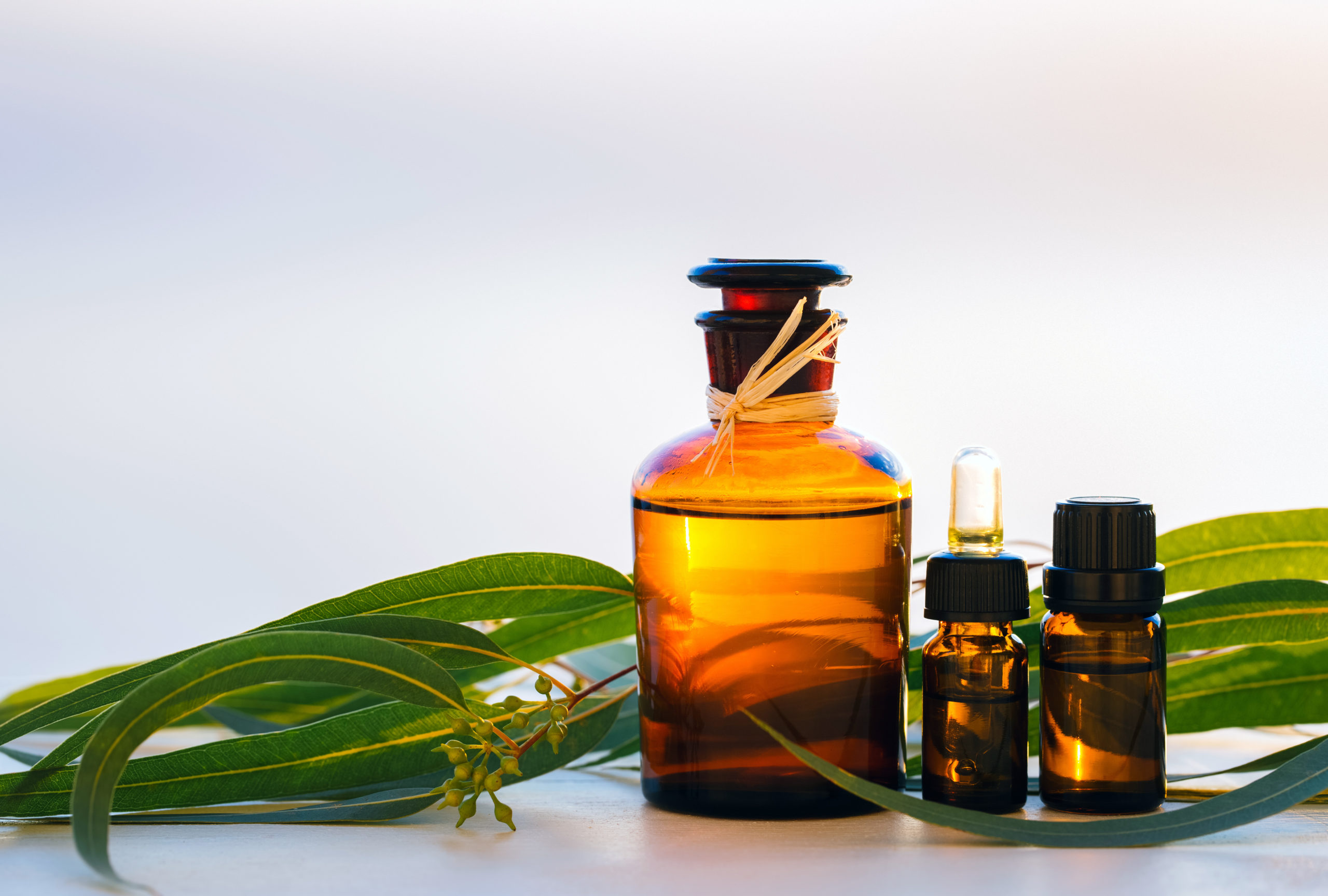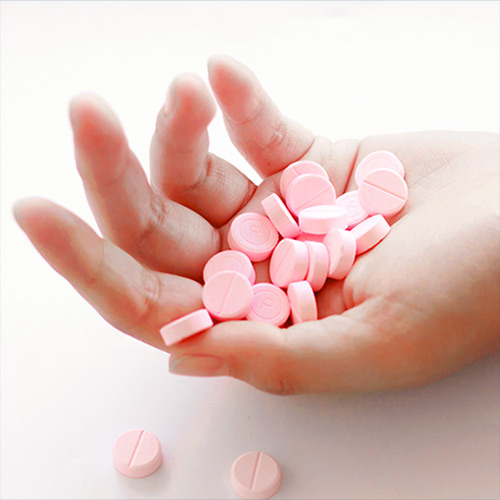With renewed popularity of essential oils, danger of poisonings — especially among children — also increases.
Essential oils are used as aromatic and homoeopathic natural remedies, but the oils can be toxic when ingested or aspirated, especially by children.
The Tennessee Poison Center, housed at Vanderbilt University Medical Center, reported the number of essential oil exposures doubled between 2011 and 2015 and 80 percent of cases involved children.
“There are hundreds of essential oils, and most of them contain multiple active ingredients, so the majority of the calls to the Tennessee Poison Center are grouped into an ‘other’ category,” said Justin Loden, PharmD, certified specialist in Poison Information at the Tennessee Poison Center. “Tea tree oil is commonly cited, and most of those cases are accidental ingestions by children.”
In recent years there has been a reawakened popularity of essential oils on the Internet. They can be applied to the skin, ingested and even diffused into the air by a vaporizer. The primary route of poisoning is by ingestion, but it may also occur by excessive or inappropriate application to the skin.
Children are at risk for poisoning because they may try to ingest essential oils from the container. Most have a pleasant smell but bitter taste, so children easily choke on them and aspirate the oil to their lungs, Loden said. Children are also at risk because their thin skin readily absorbs essential oils, and the protective barrier that covers their brain is easily penetrated.
Several essential oils such as camphor, clove, lavender, eucalyptus, thyme, tea tree and wintergreen oils are highly toxic. All of the oils produce oral and throat irritation, nausea and vomiting when ingested. Most essential oils either produce central nervous system stimulation, which results in agitation, hallucinations, delirium and seizures, or central nervous system depression, which results in lethargy and coma. Other toxic effects include painless chemical burns, hypotension, acute respiratory distress syndrome, acute liver failure, severe metabolic acidosis and cerebral edema depending on which essential oil is in question.
“The rule of thumb in toxicology is ‘the dose makes the poison’ so all essential oils are potentially harmful,” Loden said. “In children, poisoning typically occurs when they try to swallow the oil but choke so that a little of it goes into the lungs, which cause pneumonia; it only takes 2mL (less than half a teaspoonful) to do that. This hazard applies to every essential oil. Children have also been poisoned by excessive or inappropriate application of essential oils to the skin.”
Loden stresses these oils should be stored safely and properly. Please call Poison Control (1-800-222-1222) right away if someone swallows an essential oil or a product containing essential oils.
Tennessee Poison Center tips for using essential oils
- Safely using and storing essential oils is extremely important.
- Use essential oil products ONLY for their intended purpose.
- Use only the amount stated on the label/guide.
- Do not swallow an essential oil unless the label says to do so.
- Do not use a product on the skin unless the label says to do so.
- Do not leave the product out (i.e. as a pesticide) unless the label says to do so.
- If you have bottles of essential oils at home, keep them locked up, out of sight and reach of children and pet at all times. Children act fast, so do poisons.




